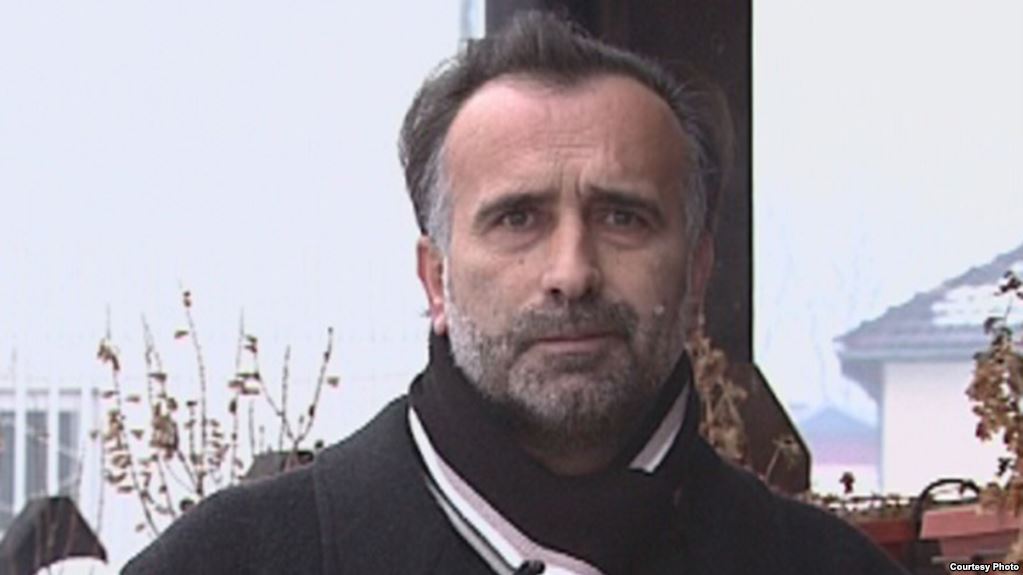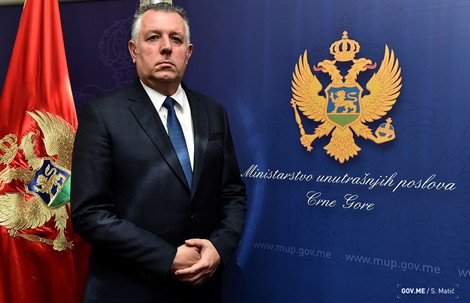The role of the media
Research and reporting on gender issues has begun to occupy more media space in recent years. However, often during these reports we have had the opportunity to see publications and research in which media ethics and professional journalistic rules have not been respected. This has resulted in poor quality information which has had a negative impact, not only on the persons who were part of the particular case for which it was reported, but also on the general public. This is due to the fact that such topics are mostly more sensitive and require compliance with the Print Media Code, just as compliance with this code is required in every publication without exception.
When researching and reporting on the Print Media Code, it is said that care should be taken in the use of denigrating expressions with the intent of hurting or threatening an individual or group on the basis of ethnicity, gender, race, or physical and mental disability. However, despite this, in some cases the media did not respect this code. They have published titles and articles which have had sexist content and use of various stereotypes. Therefore, this has provoked the reaction of organizations dealing with women’s rights in Kosovo.
According to Donjeta Morina from UN Women, the media have seen an increase in reporting on gender issues. But the media has cases that report incorrectly and immersing themselves in gender stereotypes.
“I can say that there has been an increase in reporting on topics related to women’s rights, gender equality, and human rights in recent years. However, there is still much room for improvement. What we have noticed is that we still have reports that contain wrong terms in the content, not knowing what are the priority issues”, said Morina.
The treatment of topics dedicated to gender issues has increased in the media and has been acknowledged by the researcher and activist, Leonida Molliqaj. But she mentioned the fact that, when dealing with cases of gender equality by the media, especially those online, a sexist language is evident.
The manager of the Program on Gender Based Violence, in the organization “Kosovo Women’s Network”, Adelina Berisha, said that the media should have a greater impact on changing gender misconceptions.
“The media with their editorial policies can stop the broadcasting of sexist shows, advertisements, songs and not promote them. They can ensure that participation in debates will be in equal numbers between men and women, said Berisha.
Whereas, the editor of “Kosovo 2.0”, Dafina Halili, admits that there is an increase in media reporting, regarding gender equality topics. However, she also acknowledges the fact that such topics are never set by newsrooms as top news or as the main news of the day/week.
“When the murder of women becomes the main news and then followed by debates and discussions after the news, and this continues as an event for a few days, only then can we say that the media are treating gender equality issues responsibly and truthfully,” said Halili.
On the other hand, Donjeta Morina from UN Women, stressed the importance of reporting on a very important topic. It is about Gender Responsive Budgeting, which has been little covered by the media, despite the fact that the work with GRB in Kosovo started nine years ago.
“So far, the topic of GRB has not been given media attention, it has not been reported on, there has been no journalistic research on government spending from a gender perspective. Therefore, it is very important to increase media attention to GRB “, added Morina.
Adelina Berisha from KWN also says that more attention should be paid to the topic of GRB. According to her, the media can treat Gender Responsive Budgeting more, given its importance.
Confessions – Challenges and responsibilities when reporting on gender equality
To bring all this research and journalistic writing, journalists go through various challenges. Given that, almost every story speaks of domestic violence, ill-treatment and abuse. The difficulties and challenges were also narrated by the researcher, Leonida Molliqaj, who said that being a woman journalist in Kosovo is not easy, when the media are mainly run by men. In her story, she revealed the experience she had in her research on abortions in Kosovo.
“While I was doing the research on abortions in Kosovo, after the request I made in the clinic, when I entered there was a small room, where there was a bed and, in a space, where there was a lot of people circulation and everything seemed to be working on the basis as “who was in line” and this was an experience which made me feel that I did not want to be in that place,” she said.
On the other hand, journalist Dafina Halili, while recounting part of her experience of reporting on gender issues, said that the journey and the difficulties are completely insignificant until she set herself the mission to report and tell the truth.
“Gender-based violence and sexual violence during the war has been the subject of my articles several times, and in such cases it all starts with long interviews with survivors of violence, which is the most sensitive, and by no means an easy part of the whole process. However, as a journalist, I have already taken the decision and the responsibility to document even these traumatic experiences, and the importance of commitment to this makes almost irrelevant any difficulty I may feel during this journey “, she added.
Meanwhile, Adelina Berisha from KWN, said that the stories of women that they hear are very touching and shocking at the same time. However, working in a feminist organization, according to her, has the benefit of sharing problems together.
“We often talk, cry, laugh together, and that motivates us to move on. Then we are reminded that thanks to our work, that of all women’s organizations, feminist activists, we today have a legal framework that guarantees gender equality”.
Berisha also added that the research gives us a strong basis to undertake advocacy initiatives towards achieving gender equality. However, when she spoke about the impact that the media has on gender issues, she stressed that any information that may come from the media that aims to achieve gender equality, has a positive impact.
“Through our advocacy, including participation in media debates that address topics about gender equality, or various awareness campaigns conducted in cooperation with the media, we have managed to increase pressure on the government to improve the legal infrastructure towards achieving gender equality,” Berisha concluded.
The media has an informative and educational role for the public. Its purpose is to provide accurate, impartial and respectful information to media ethics, but also to all journalistic rules. Therefore, given the importance of professional information, journalists and activists have called for the media to give more space to topics that talk about gender equality and fair reporting.
They also mentioned the fact that colleagues who are freelance journalists and those who work in the media where women’s rights are not considered a priority of topics within the editorial office. Due to which and according to them, this is making the work in reporting and publishing such topics even more difficult. For this reason, several feminist media platforms have been opened in Kosovo, such as “QIKA” and “Grazeta”, which dedicate their entire mission to women’s rights.
Author: Dafina Lata








